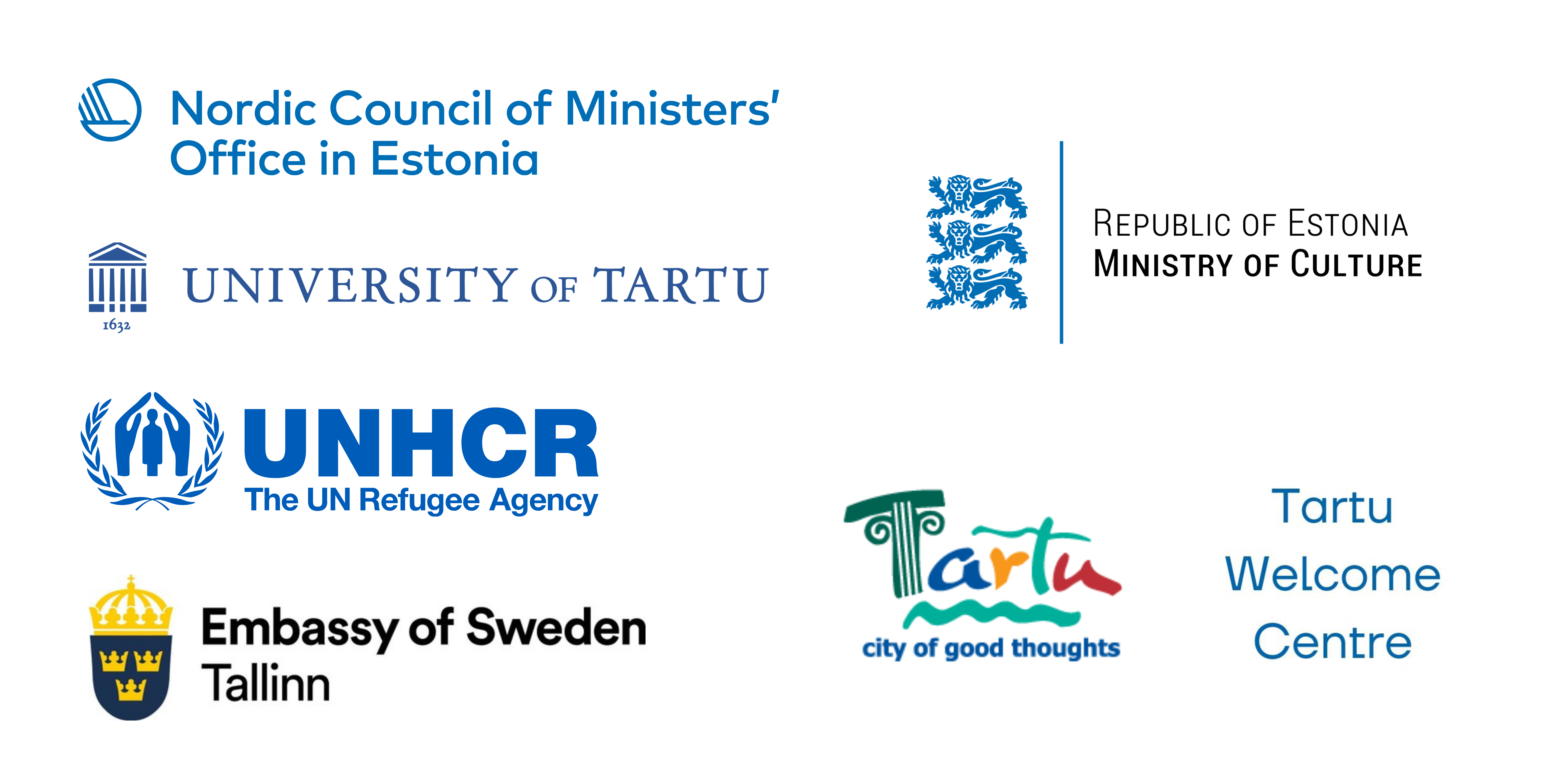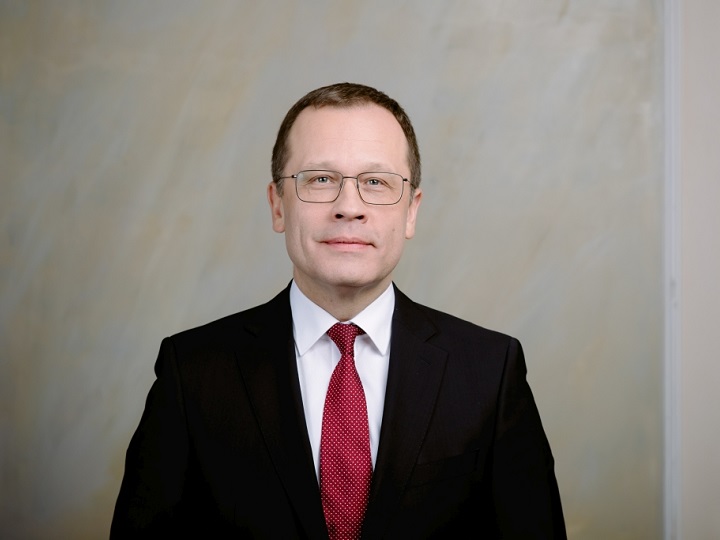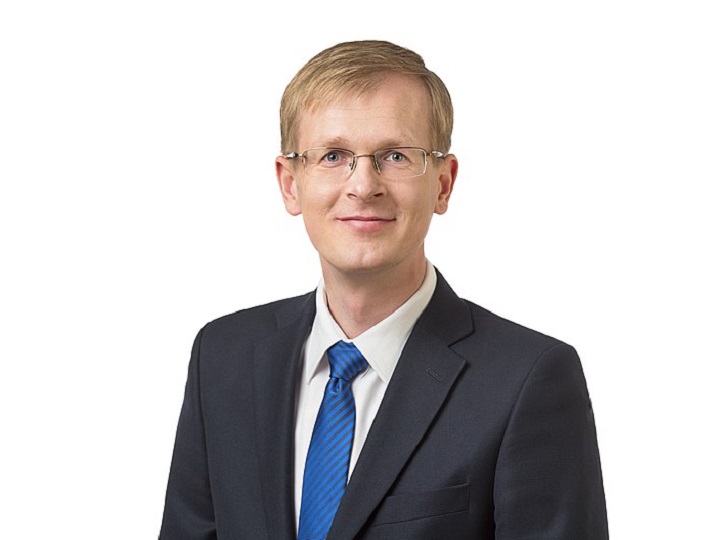Kõnelejad (inglise keeles)

Date: 27 May 2022
Time: 11:00 – 16:00
Venue: Estonian National Museum ERM (Muuseumi tee 2, Tartu, Estonia) and online (link to be added)
Language: English
* More speakers to be added
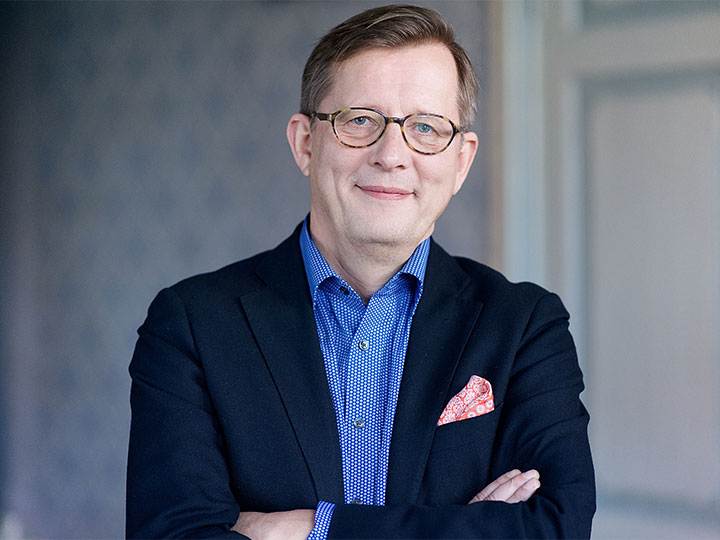
Christer Haglund
Director of the Nordic Council of Ministers Office in Estonia
Christer Haglund will say the opening words of the conference
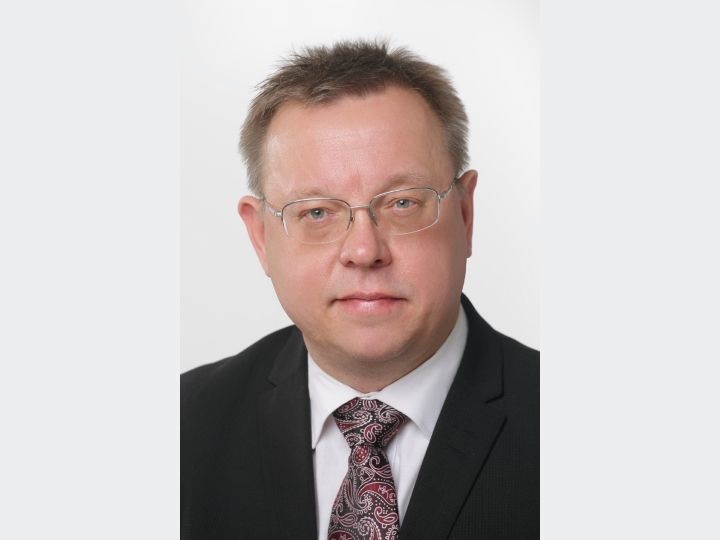
Raul Eamets
Professor of the University of Tartu, Dean of Faculty of Social Scienses, Estonia
Raul Eamets will be the moderator of the conference
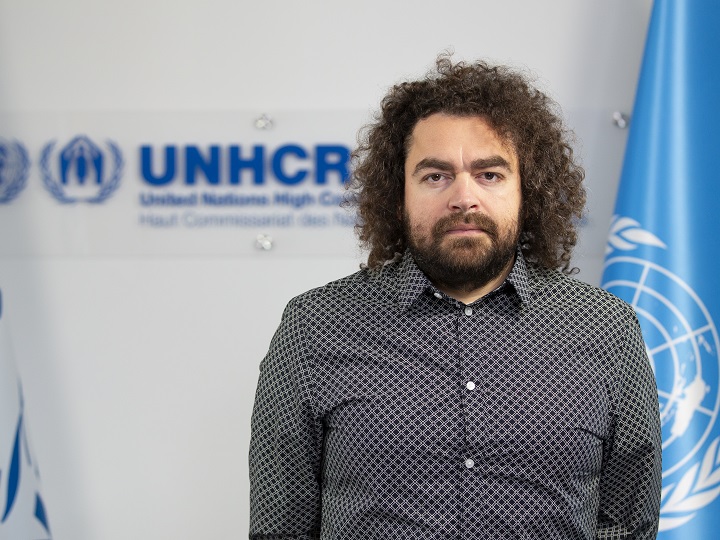
Karolis Zibas
Integration Officer, UNHCR Representation for the Nordic and Baltic Countries, Latvia
Karolis Zibas will be the moderator of the panel discussions.
Karolis works as Integration Officer at UNHCR Representation for the Nordic and Baltic Countries. He is leading UNHCR’s integration activities in the region by strengthening partnerships in various integration areas, including socioeconomic inclusion and welcoming societies, labour market and local level integration.
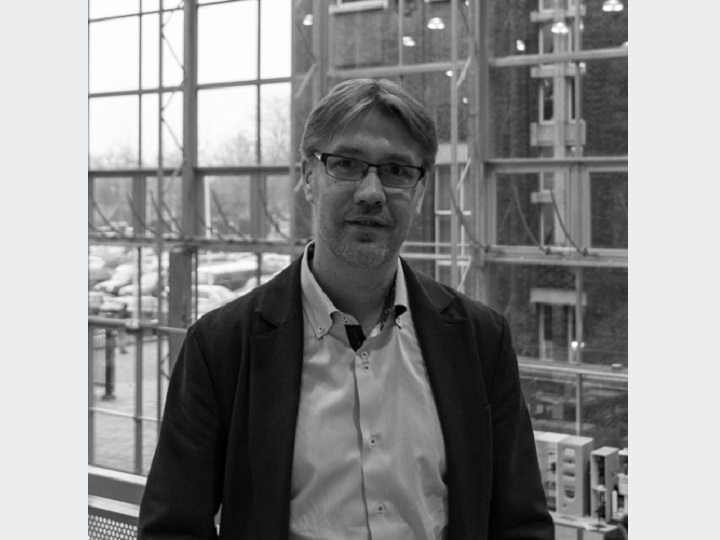
Tiit Tammaru
Professor of the University of Tartu, Academician, Estonia
Tiit Tammaru will deliver the first keynote: Where do refugees live and work in Sweden, how has it changed in time (trajectories of spatial assimilation).
Tammaru´s talk will deal with where refugees live and work, and the focus is on how it has changed in time during the first 10 years in Sweden. The aim is to detect spatial assimilation trajectories, referring to living and working together with Swedes. Data is drawn from the Swedish population register in the major cities of the country. The results show that it is more difficult for the refugees to get their first job compared to other migrant groups. However, the initial gap narrows considerably by the 10th year in Sweden. Successful integration in the Swedish labour market often follows the integration in other life spheres (e.g. living in non-segregated neighbourhoods) not the other way round.
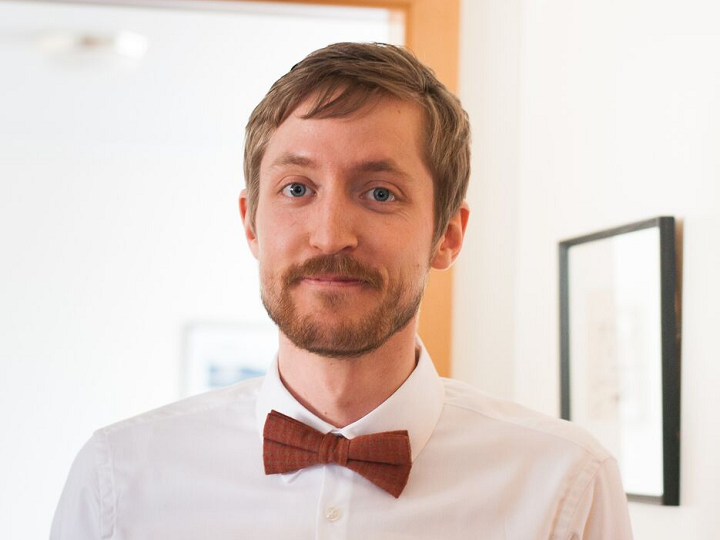
Christopher Jamil de Montgomery
Assistant Professor, Department of Public Health, University of Copenhagen. Danish Research Centre for Migration, Ethnicity and Health. NordForsk Project: Coming of Age in Exile (CAGE), Denmark
Christopher Jamil de Montgomery will deliver the second keynote: How do we ensure the best possible health and welfare for Ukrainian refugee children and young people seeking a safe place in the Nordic countries?
All Nordic countries have acquired substantial experience receiving and supporting refugee children and youth during the past decades. In this talk, he will highlight some of the main findings from recent Nordic research on the determinants of health and socio-economic opportunities in the early life courses of young refugees. These insights should inform current efforts to provide refugees arriving today with a good start to life in the Nordic region.
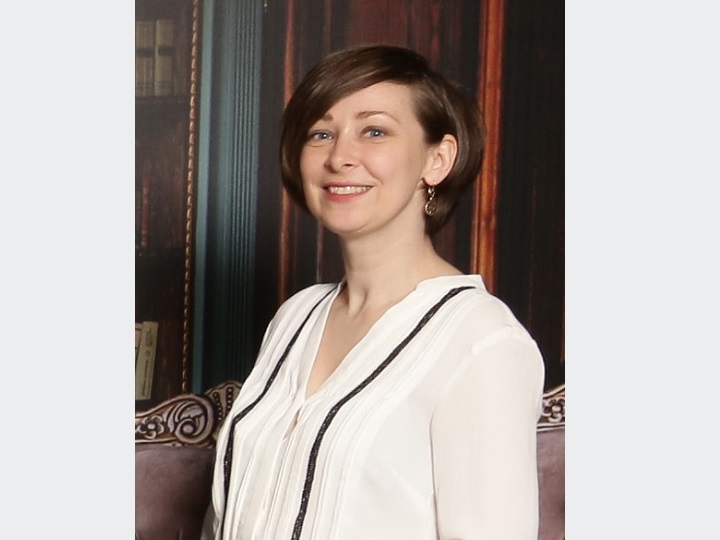
Ilze Meilande
Head of Society Integration and Participation Division; Neighbourhood Development, Society Integration and Customer Service Department; Riga City Neighbourhood Residence Centre, Latvia
Ilze Meilande will participate in the second panel: Transition from emergency reception to long-term integration: local level practices in the Nordic and Baltic countries.
In her presentation Meilande will talk about Riga`s experience of welcoming people fleeing the war in Ukraine, and the establishment of the Riga Support Center for Residents of Ukraine. The Center is operating as one stop agency for Ukrainians to receive essential state and municipality services and consultations. Success of the Center is guaranteed by cooperation between different institutions and involvement of volunteers.
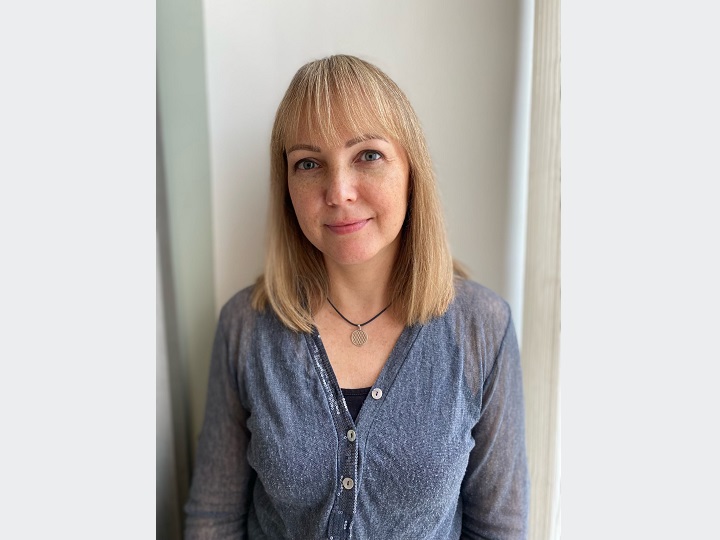
Janika Hango
CEO of Tartu Welcome Centre, Estonia
Janika Hango will participate in the second panel: Transition from emergency reception to long-term integration: local level practices in the Nordic and Baltic countries.
In her presentation she will introduce the model of Tartu Welcome Centre and how they help to fill and connect the gaps between different official topics.
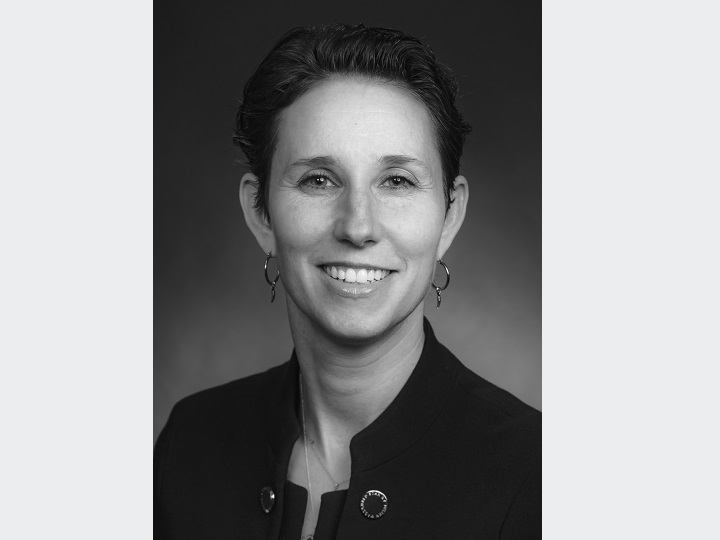
Nichole Leigh Mosty
Director of the Multicultural Information Centre, Iceland
Nichole Leigh Mostly will participate in the second panel: Transition from emergency reception to long-term integration: local level practices in the Nordic and Baltic countries.
In her presentation she will be talking about the Icelandic experiences and practical knowledge on collaborating their reception services for refugees in Iceland and on how federal and local governments along with civic society organisations work in trying to integrate refugees and immigrants to the Icelandic society on local level. She will also talk about the importance of collaborated reception services and how Intercultural Information Center is at the center of it.
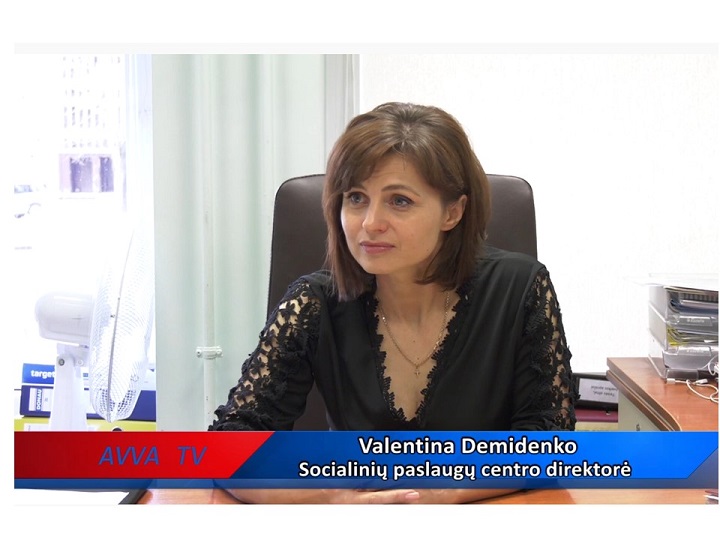
Valentina Demidenko
Director of Center for Social Services in Jonava District, Lecturer at Kaunas University of Applied Sciences; Psychologist of the Red Cross, Lithuania
Valentina Demidenko will participate in the second panel: Transition from emergency reception to long-term integration: local level practices in the Nordic and Baltic countries.
In her presentation Demidenko will present the best practices of Jonava city and Social Services Center in the field of refugee integration. Jonava is the first Lithuanian city to participate in the ICC program. The Jonava District Social Services Center has many years of experience in organizing various integration services for refugees (from Afghanistan, Syria, Belarus). At this moment the Jonava District Social Services Center is currently providing services of the Immigrant Information Center, a hotline for refugees in Ukraine and comprehensive assistance.
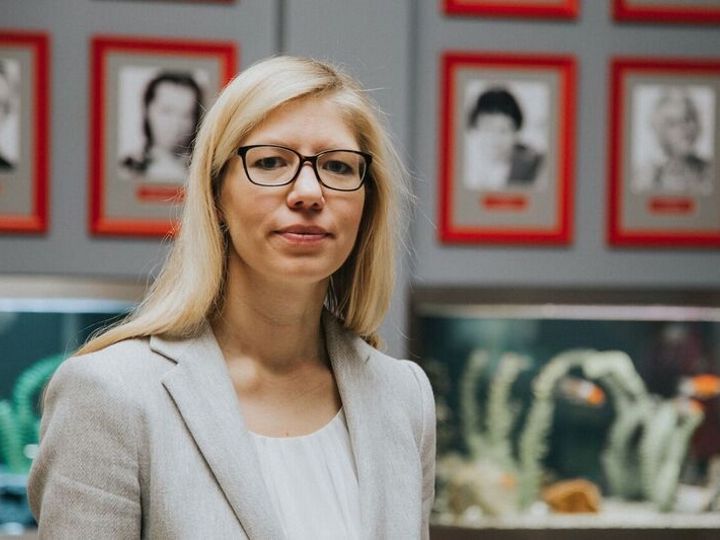
Piret Hartman
Undersecretary for Cultural Diversity, Ministry of Culture of Estonia
Piret Hartman will say the concluding remarks of the conference.
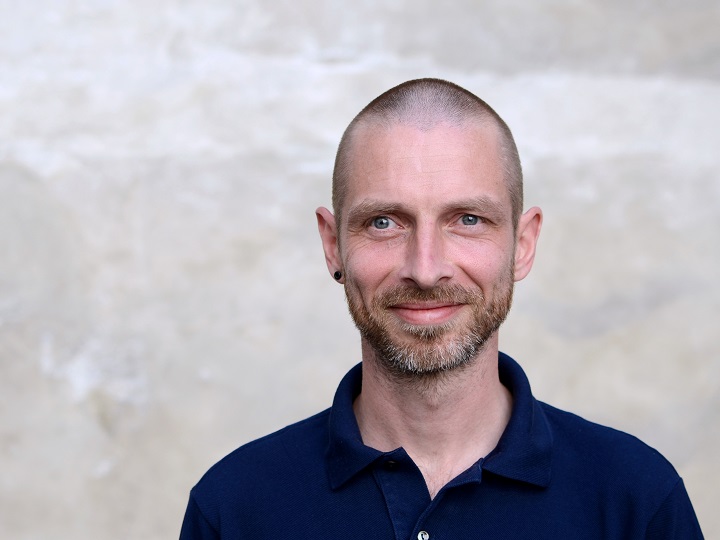
Mads Ted Drud-Jensen
Senior Adviser of the Integration department at the Danish Refugee Council of Integration, Denmark
Mads Ted Drud-Jensen will participate in the first panel: Engagement of grassroots societies in emergency reception and integration work.
In the presentation he will talk about the reception and integration of refugees in Denmark and the role of the Danish Refugee Council, the biggest NGO in the field. He will also highlight some practical examples of activities that have proven to be effective.
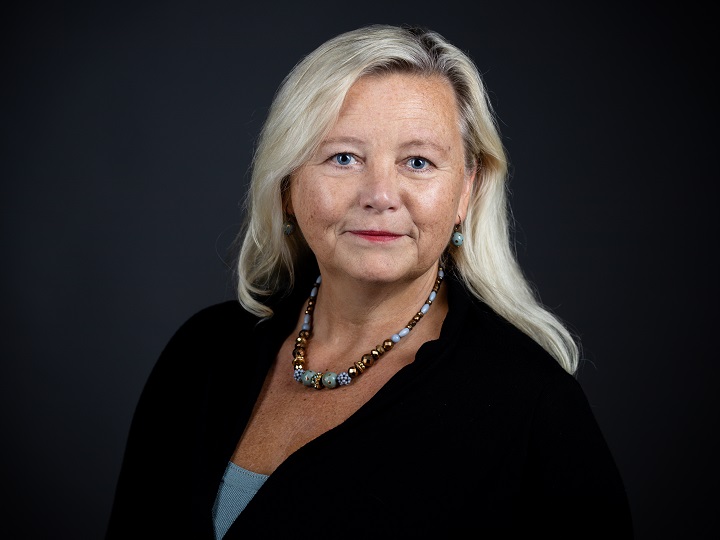
Lisbeth Iversen
Leader of the network „With a Heart For Arendal“, Arendal, Oslo School of Architecture and design, Norway
Lisbeth Iversen will participate in the first panel: Engagement of grassroots societies in emergency reception and integration work.
In her presentation Iversen will talk about inclusion of people as part of the everyday plans and way of working in the city, through co-creation, creativity, activities and cultural events: The municipality collaborates with many actors in a penta helix perspective, not only to provide sustainable infrastructure, but to develop and nourish a ” care for each other” culture. The downscaling of the UN Goals, research and knowledge, inclusive peoples shared experiences and narratives about how the situation is, are essential foundations for our actions. This has lead to a radical change in the approach of how we think, act and involve. Arendal has moved away from the label ” I will knock you down” city, to a more sharing and inclusive city. This has to do with time to build trust, and to adjust, collaboration where we anchor common goals through broad learning and knowledge sharing processes, we communicate shared visions, followed by actions. We facilitate and support arenas and public spaces to co-create activities visible in the city, we negotiate, we respect different views, address frictions and tensions throgh exploratory methods. We are not searching for everlasting harmony, but co-creating arenas, methods and tools for dealing with everydays reality. And we are moving forward, but we will never be finished. Inclusion is about a way of being and acting, not a short project or programme!
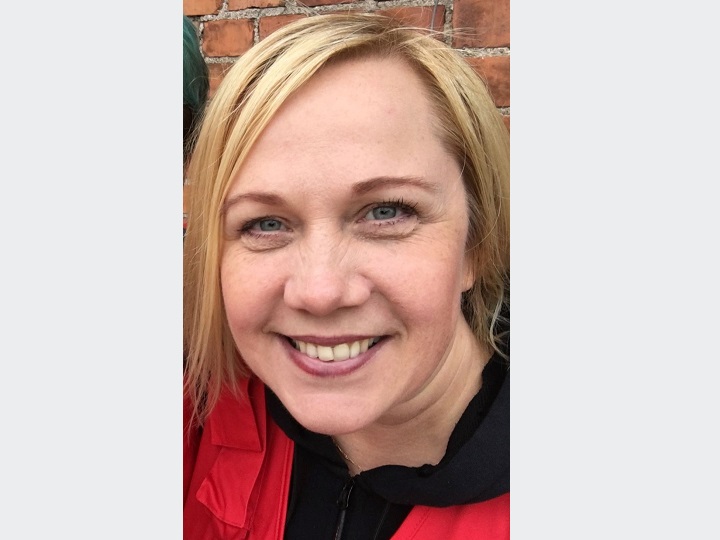
Anna Buzaeva
Expert, reception of asylum seekers, Finnish Red Cross, Finland
Anna Buzaeva will participate in the first panel: Engagement of grassroots societies in emergency reception and integration work.
In her presentation Buzaeva will talk about the migration work of Finnish Red Cross volunteers who are supporting the integration and reception of asylum seekers.
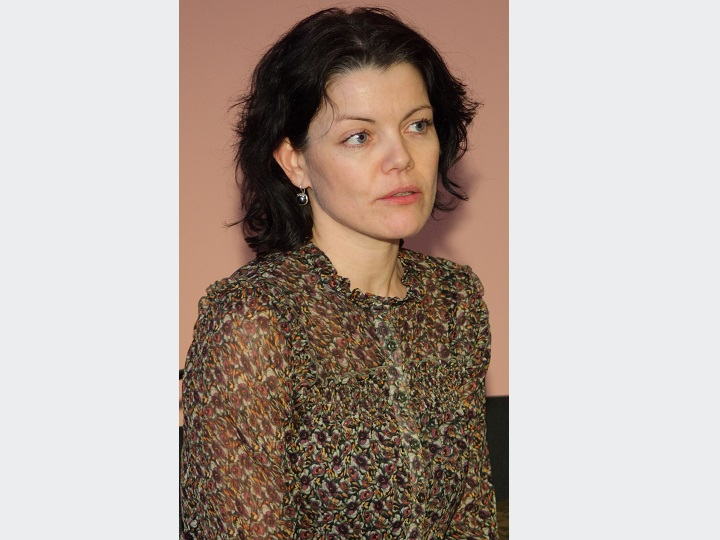
Ieva Raubiško
Senior Researcher, centre for public policy Providus, Latvia
Ieva Raubiško will participate in the first panel: Engagement of grassroots societies in emergency reception and integration work.
In her presentation Raubiško will talk about the transition from emergency reception to long-term integration of Ukrainian refugees in Latvia, and highlight the challenges and possibilities.
